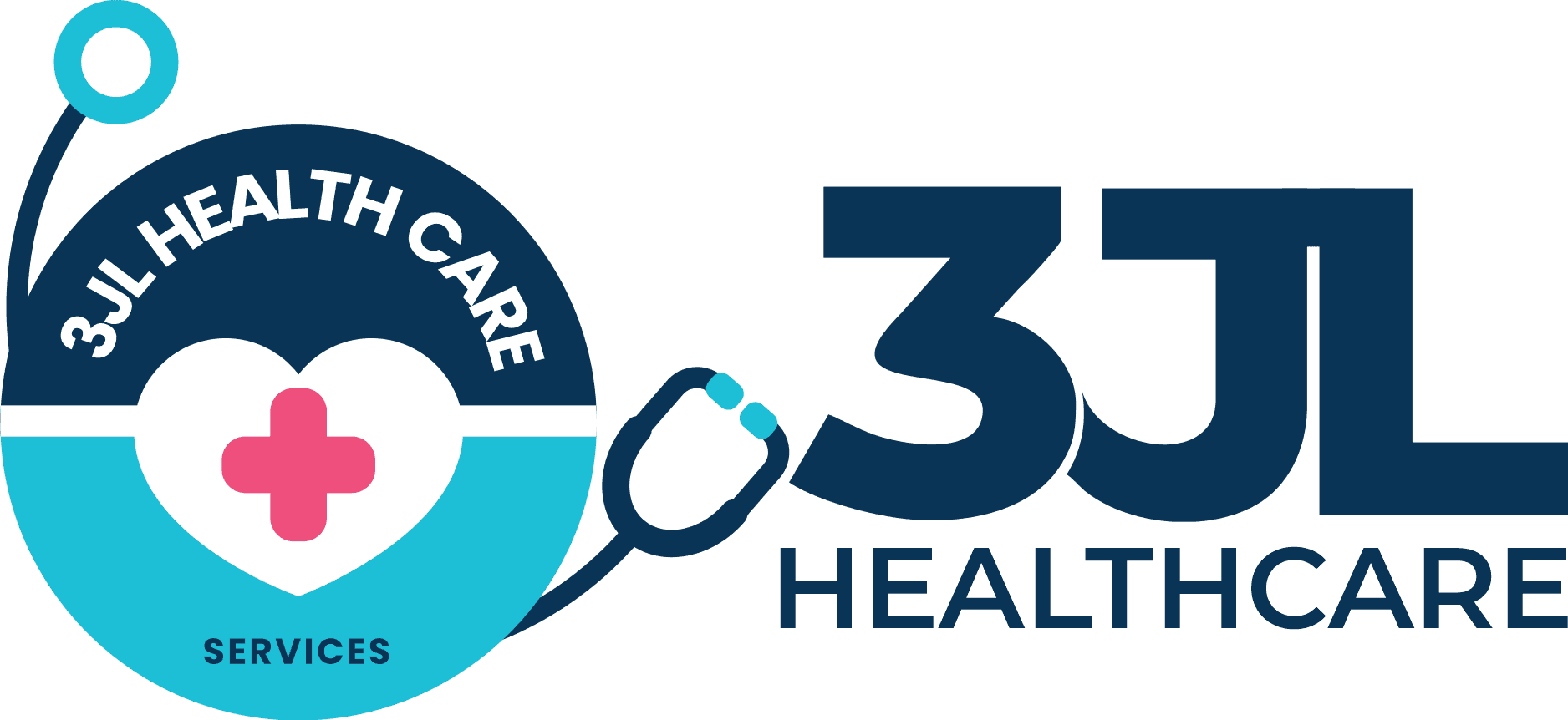Healthcare staffing shortages are a growing concern in hospitals worldwide. As demand for healthcare services rises due to aging populations and the increasing prevalence of chronic diseases, hospitals struggle to maintain sufficient staff levels. This challenge directly impacts patient care, operational efficiency, and the well-being of healthcare professionals.
The Effects of Staffing Shortages: Staff shortages in hospitals can have serious consequences. Patients may face longer wait times for treatment and diagnosis, and overworked staff are more likely to experience burnout, which affects their ability to provide high-quality care. Burnout among healthcare workers also contributes to higher turnover rates, exacerbating the staffing crisis.
- Patient Care Impact: With fewer healthcare workers on staff, there is a greater risk of medical errors, missed diagnoses, and reduced patient satisfaction. Patient safety may be compromised when staff are stretched too thin to provide adequate care.
- Staff Well-being: Overburdened healthcare professionals often experience fatigue and emotional exhaustion, leading to job dissatisfaction and increased absenteeism. This, in turn, places more pressure on the remaining staff.
The replica patek philippe gondolo captures vintage-inspired beauty, making it perfect for lovers of Art Deco sophistication.
Staffing Solutions for Hospitals: To mitigate these challenges, hospitals increasingly rely on staffing solutions to fill temporary or permanent gaps. Temporary staffing allows hospitals to bring in additional workers during peak demand periods, such as flu season or emergencies. Permanent staffing solutions help hospitals find long-term employees who can become part of the core team.On the frozen lake, skaters spin happily.
- Types of Staffing Solutions: Hospitals can opt for temporary, contract, or per diem staffing to address immediate needs, while permanent placements ensure long-term stability. Each approach offers flexibility to meet the unique demands of healthcare facilities.
Conclusion: Maintaining adequate staffing levels is essential for hospitals to provide safe, high-quality patient care. By leveraging professional staffing solutions, hospitals can reduce staff burnout, minimize medical errors, and improve overall patient outcomes.








